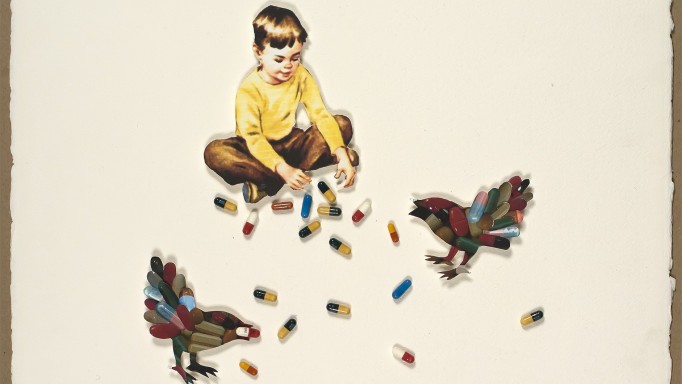If you’re newly diagnosed, start by taking a deep breath. Being diagnosed with HIV can be shocking and upsetting, but with proper care, you can live a long and healthy life. Being HIV positive does not mean you have AIDS, and treatment can prevent disease progression. Take the time to learn about HIV and what it means for your health and life and surround yourself with the support you need.
Here are some tips for the newly diagnosed:
Get Informed
Knowing the benefits of HIV treatment may help calm your fears. The amount of information can seem overwhelming, but the more you know about HIV, the more empowered you’ll be to get the care and treatment you need. Click here to learn the basics about HIV.
Find Support
A friend or family member can be a great source of support, but if you’re not ready to tell anyone yet, that’s OK. (Click here for tips on disclosure.) Talk to other people living with HIV who can understand what you’re going through. Many HIV service organizations—search for one at directory.poz.com— offer support groups and case management to help with your needs. Online support is another option. Check out the POZ Forums, a round-the-clock discussion area for people with HIV and AIDS and their friends, family and caregivers. Facebook and Meetup also offer HIV support groups.
Find a Doctor
Establishing a relationship with a health care provider is an essential first step. Find a doctor who has experience with HIV care soon after your diagnosis. Click here for more information about finding a doctor and accessing care.
Start Treatment
Experts advise that everyone diagnosed with HIV start antiretroviral treatment as soon as possible. Modern HIV medications are highly effective, more convenient and easier to tolerate than older meds. Many require just one pill a day—or an injection every other month. Effective treatment can reduce your viral load to an undetectable level. There’s no cure for HIV, so it’s important to keep taking your medications as directed.
Prevent HIV Transmission
People on effective antiretroviral treatment with an undetectable viral load don’t transmit HIV to others through sex (known as Undetectable Equals Untransmittable, or U=U). Condoms prevent transmission of HIV and other sexually transmitted infections. If you inject drugs, use a new syringe every time. If you’re in a relationship with an HIV-negative partner, discuss pre-exposure prophylaxis (PrEP). If your partner has had a possible exposure to HIV, have them discuss post-exposure prophylaxis (PEP) with a health care provider.
Figure Out Your Finances
HIV can pose financial challenges. Private health insurance plans, state Medicaid programs and Medicare vary in terms of what they cover and how easy it is to access care. A health insurance plan offered by the Affordable Care Act or care provided through the Ryan White HIV/AIDS Program may be an option. HIV service organizations often have financial navigators, and many drug companies offer payment assistance programs.
Improve Your Overall Health
An HIV diagnosis can be a good opportunity to take steps to improve your overall health. These include eating a healthy, well-balanced diet, getting enough exercise, maintaining a health weight and getting adequate sleep. If you smoke, consider quitting. Get tested for other infections, including hepatitis B and C and sexually transmitted infections. Ask your doctor which vaccines you should receive. Many people living with HIV have other health conditions, such as diabetes, high blood pressure, and heart, kidney or liver disease. Work with your health care team to get the appropriate treatment.
Take Care of Your Mental Health
It’s normal to feel anxiety, sadness or depression after an HIV diagnosis. Exercise, yoga, prayer or meditation can often help relieve stress. Talk to your health care team about mental health resources, including therapists and support groups.
While learning about HIV and keeping yourself and your partners healthy, know that you are not alone in this fight. You can survive and thrive with HIV. Click here to read inspiring stories of people living with HIV.
Last Reviewed: February 20, 2023















